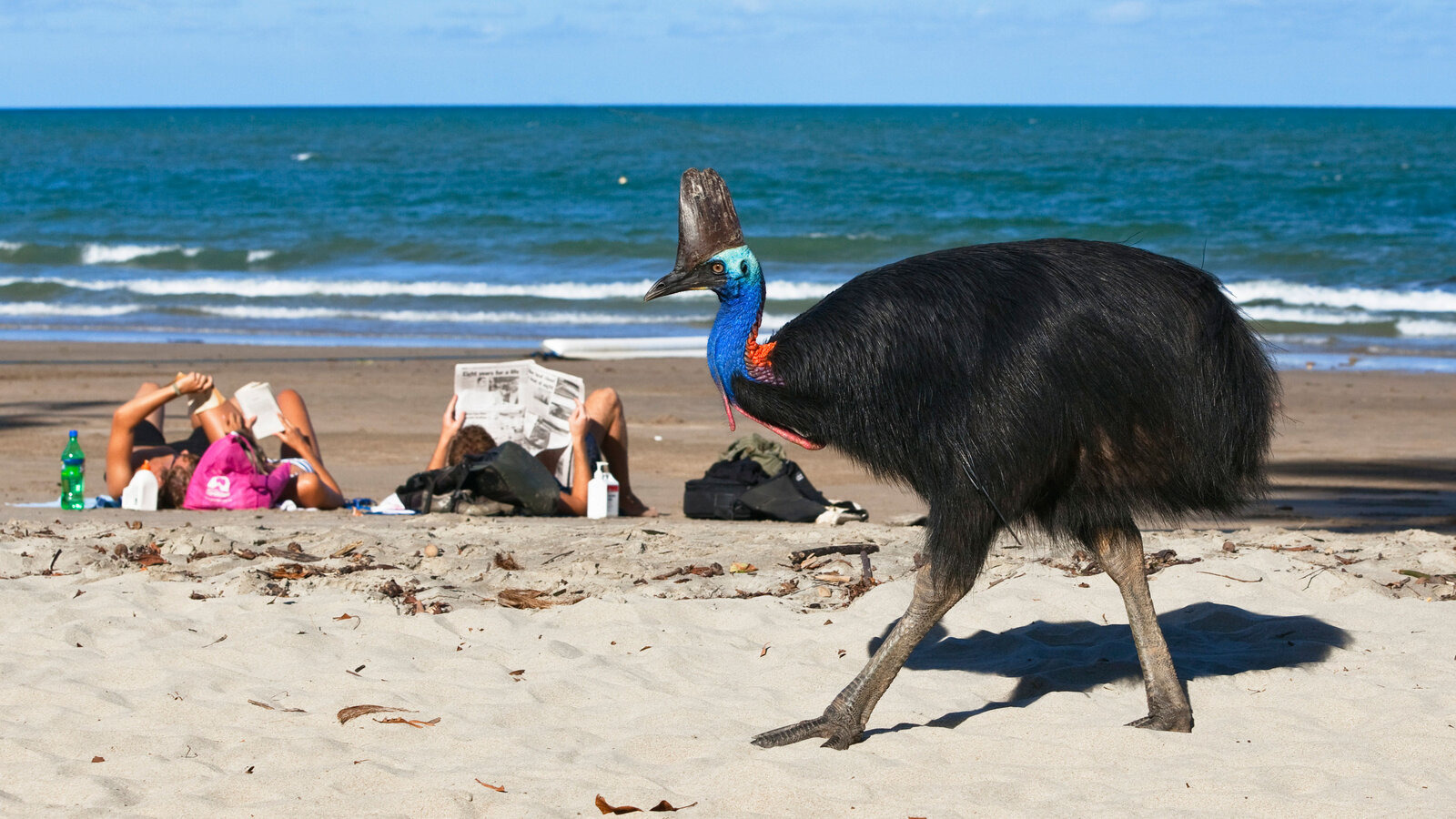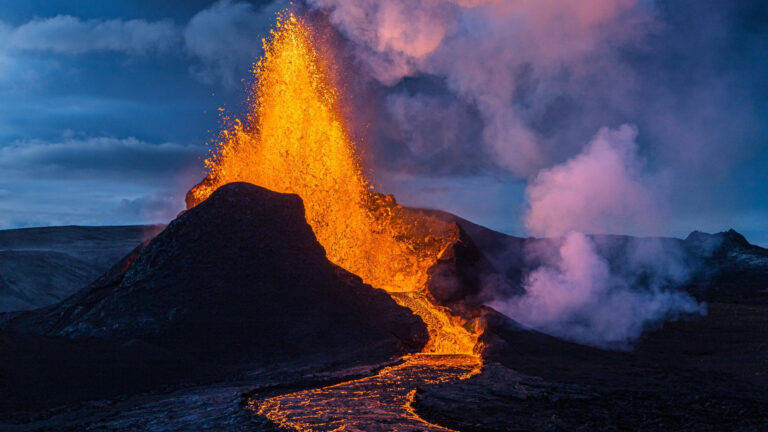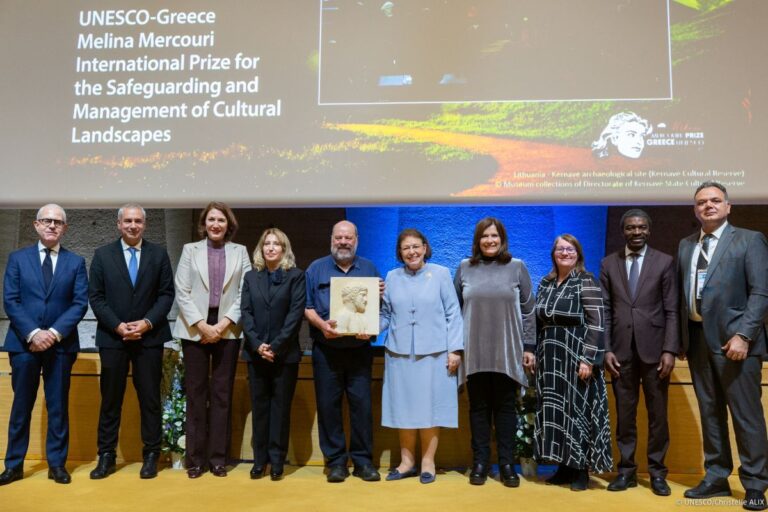A surprising sight caught the attention of people at Bingil Bay on Australia’s eastern coast this Halloween. In the water, there was a mysterious, dark shape, causing a stir.
Initially, people believed it might be a shark’s fin or even a turtle. However, when the creature came into full view, it turned out to be something quite different. It was a young cassowary. Cassowaries are, according to ScienceAlert, the world’s most dangerous birds. The report of this sighting was shared with Queensland’s Department of Environment and Science on October 31st, and it has gained some attention online.
Cassowaries can actually swim
Cassowaries are well known for their ancient-looking features, tall stature, and powerful legs and claws that are able to do great harm. These birds, unable to fly, are generally cautious around humans and typically don’t attack unless they feel threatened.
Spotting a southern cassowary (Casuarius casuarius johnsonii) in the water is rare, and many people aren’t aware that cassowaries can actually swim. A statement from Stephen Clough, a wildlife officer with the Queensland Parks and Wildlife Service (QPWS), stated that cassowaries are capable swimmers. They may swim across rivers if they need to get to the other side or if they feel threatened, especially by domestic dogs or during territorial conflicts with other cassowaries, Clough further explained.
The reasons they go into the water and how long they typically stay there remain a mystery. Nevertheless, the footage is truly remarkable, according to Clough. As per information shared by Bingil Bay Campground host Nikita McDowell, the bird was seen swimming approximately 200 meters (656 feet) away from shore.
“I ran down and waited for the cassowary to emerge from the ocean, and it must’ve been exhausted as it stood in the shade beneath a tree with its legs shaking for about half an hour,” said McDowell.
“Perhaps it entered the ocean around south Mission Beach and was caught by the current or in a rip and swept around to Bingil Bay,” she added.
Cassowaries, the world’s most dangerous birds, play a key role in rainforest tree propagation
Bingil Bay, situated north of Mission Beach in tropical Northern Queensland, is often referred to as the “Cassowary Coast.” The original landowners, who refer to the region as Djiru Country after the aboriginals, also acknowledge the significance of the cassowary in the area.
For the indigenous peoples of Australia, the bird is indeed of great importance. It plays a crucial role, for instance, in spreading the seeds of rainforest trees, some of which only sprout after passing through the digestive system of these large herbivores. However, there are now only an estimated four thousand such birds remaining in Queensland. This has earned them an endangered status under the Nature Conservation Act of 1992.
Source: Greek Reporter





